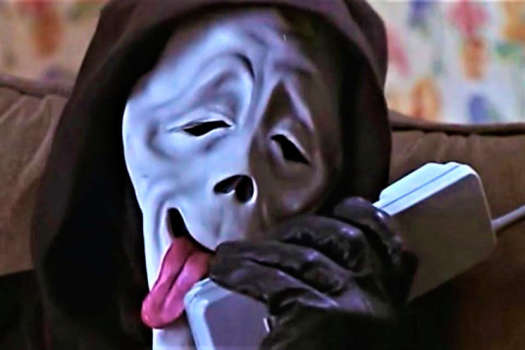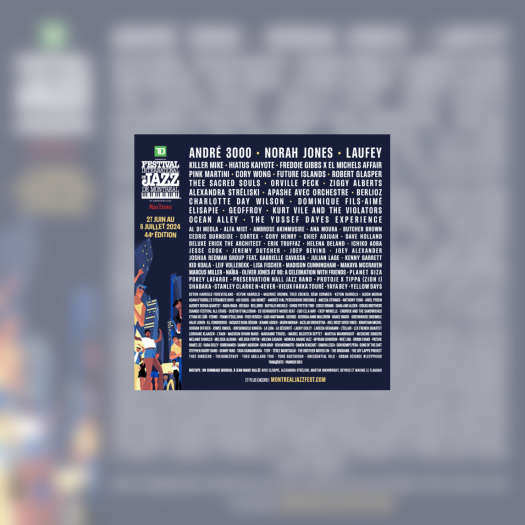Despite some VH1-esque moments, The U.S. vs. John Lennon is a well-crafted documentary that makes intriguing use of an astounding cast and inventive three-dimensional photography (reminiscent of The Kid Stays in the Picture) to explore the Nixon administrations attempts to deport John Lennon and Yoko Ono in the early 1970s. If the writing initially over-contextualises Lennons life, it does serve to flesh out his integral transformation from rocknroller to folk activist. While the other Beatles mostly shy away from discussing the Vietnam War in the mid-60s, Lennon expresses his discomfort with journalists who ignore the conflict. Inspired by his romance with radical performance artist Yoko Ono, Lennons later work in the Beatles ("Revolution, "Come Together) is pointedly idealistic and his belief in political freedom and the hypocrisy of war becomes more pronounced. The directors assemble an astounding array of subjects to contextualise the Vietnam fiasco and just how threatening Lennons "Give Peace a Chance was to the war-mongering White House. Policy experts such as Noam Chomsky and presidential candidate George McGovern highlight the gravity of the situation. Key activists from this period, such as Angela Davis, Tariq Ali and Black Panther co-founder Bobby Seale, explain their positions. Even dicks like G. Gordon Liddy and Geraldo Rivera are captivating in their recollections. After aligning themselves with the Black and White Panther parties, Lennon and Ono received undue attention from J. Edgar Hoovers F.B.I. and scurrilous Nixon aides concerned about the youth vote. Notorious U.S. Senator Strom Thurmond sets the wheels in motion to silence Lennon's protests about U.S. foreign policy; he suggests that Lennon be deported for an old drug charge the singer incurred in Britain. It was a pivotal moment in Lennons life (he eventually won the right to remain in NYC, where he was later murdered) and an ugly chapter in Americas persecution of high-profile dissenters, which the filmmakers render vividly.
The U.S. vs. John Lennon
David Leaf and John Scheinfeld

BY Vish KhannaPublished Mar 19, 2007



